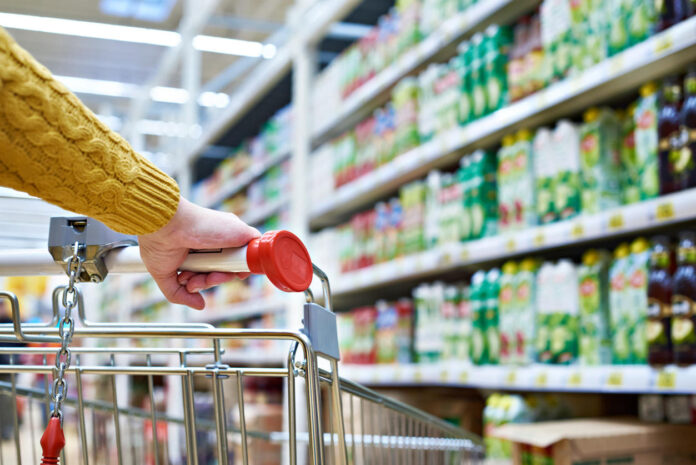At the beginning of the war in Ukraine, the prices of energy and raw materials which had increased considerably, made the prices of certain supermarket products more expensive than before. But these costs having become similar to pre-war prices, it is time for some, as is the case of Dominique Schelcher (CEO of System U), to reopen a negotiation of the prices fixed on their products for certain brands.
For him, the objective is to give back his purchasing power to the consumer. For this, a revaluation of prices is necessary, only one problem persists. Indeed, some brands do not intend to give in and lower the price of their products with the Système U brand. The distributor could therefore make “more radical choices” in its choice of brands sold in its stores.
Bruno Le Maire (Minister of the Economy), had already asked, in early April, manufacturers to discuss the prices of their products for the same purpose as Dominique Schelcher. “the transfer prices are revised downwards each time this is objectively justified” he had mentioned in his letter.
On the consumer side, the CEO of this distributor explains to us on the BFMTV set that “the prices we are currently applying are the result of negotiations between December and February. It works when there is no inflation. Now, it is no longer tenable, we must reopen the negotiations”. For him, it is better to renounce certain brands to maintain a minimum of purchasing power for the customer. It is therefore to be expected that Système U will withdraw certain products whose negotiations with their brand owner have not resulted in an agreement between the two parties.
As is already the case in Germany, where some brands have completely removed brands from their shelves, the CEO of System U could take an example and do the same. As a reminder, System U had already withdrawn certain products from the PepsiCo brand (Pepsi, Lipton, Lay’s, etc.) following a commercial disagreement, as Dominique Schelcher adds: “We were unable to reach an agreement. The price increase requested by Pepsi was more than 20%, we did not understand it”.















